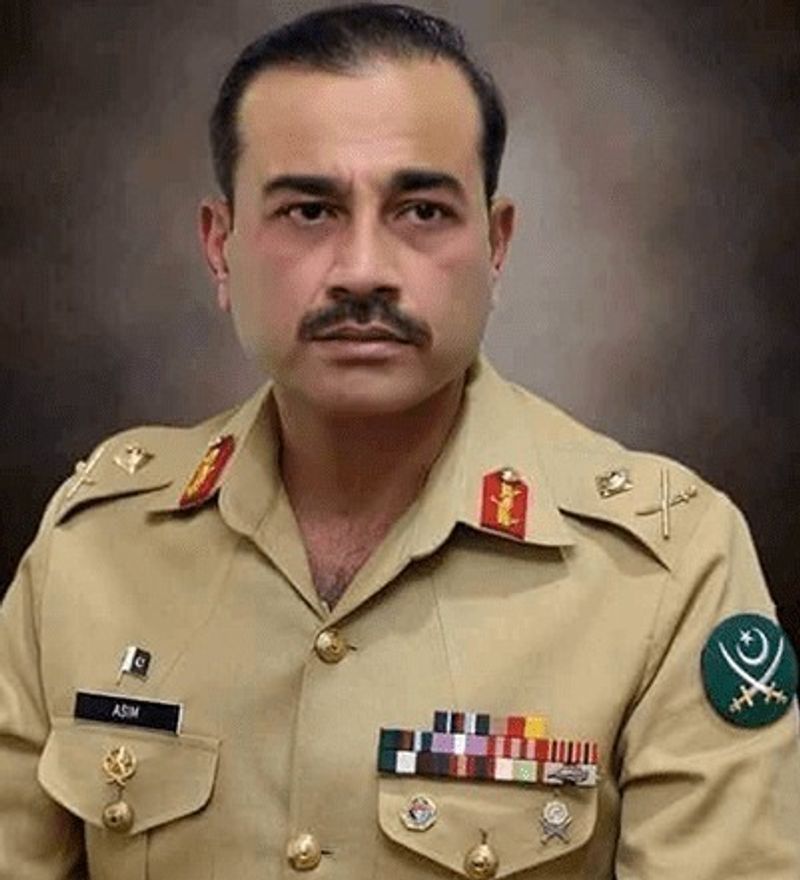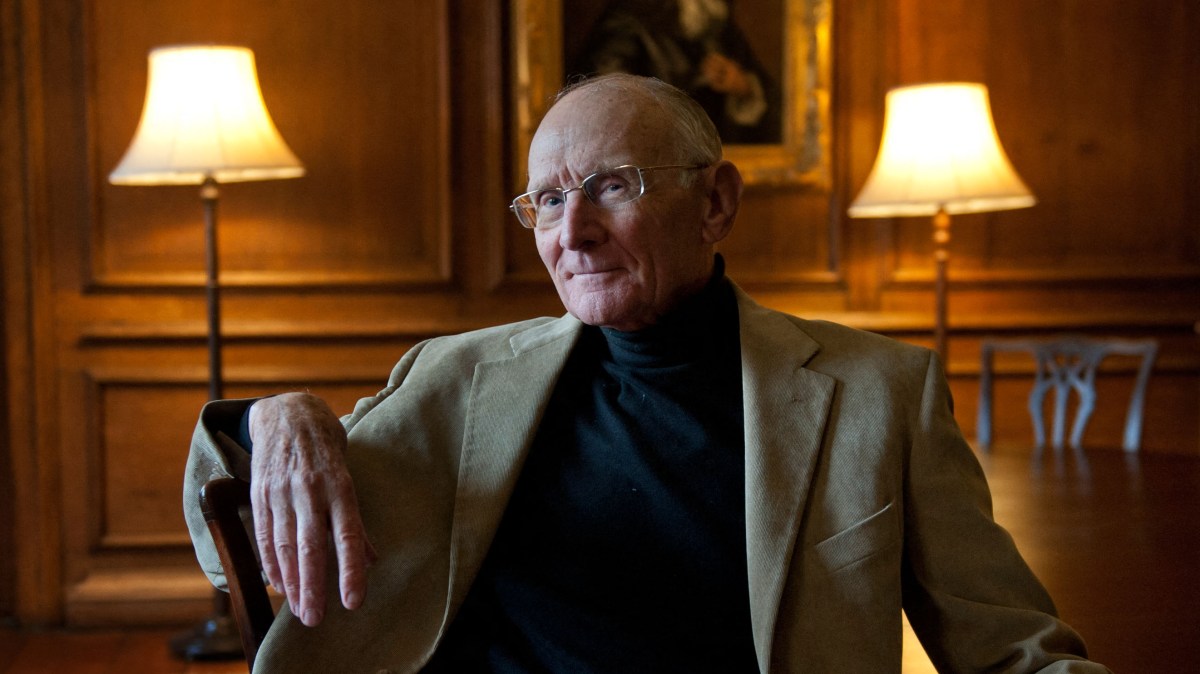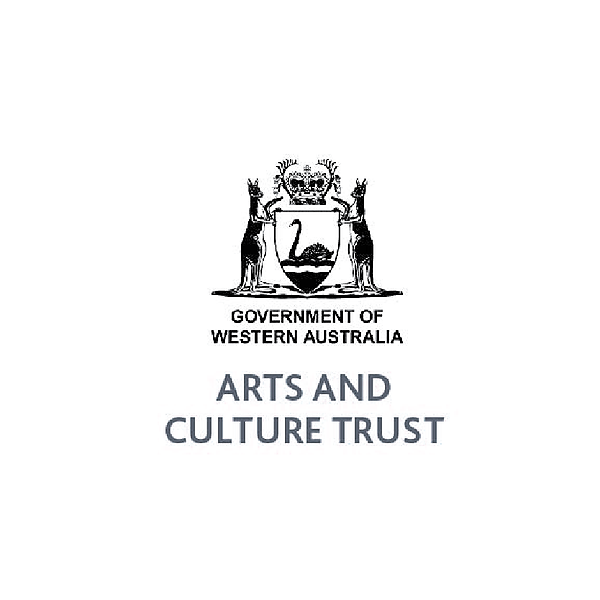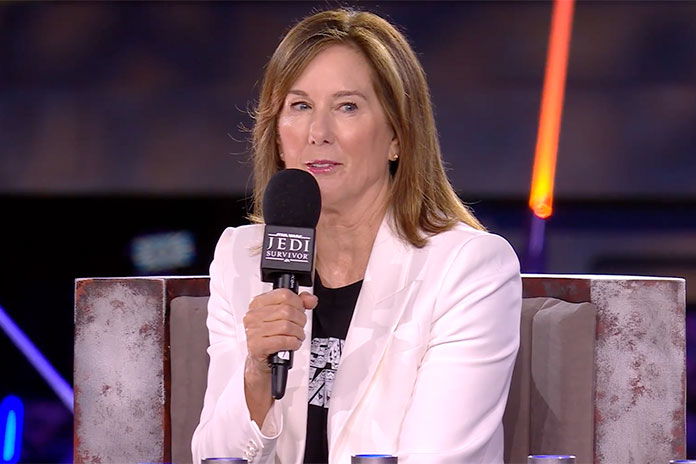
Kashmir is the “jugular vein” of Pakistan, declared Pakistani Army Chief Field Marshal Asim Munir during his address to the Pakistani diaspora in Tampa, Florida. This statement, reiterating his anti-India rhetoric, comes amidst his official visit to the United States, where he has engaged in high-level discussions with political and military leaders.
Munir’s remarks have drawn sharp criticism from India, which has consistently maintained that Kashmir is an integral part of its territory. The Indian Ministry of External Affairs responded,
“How can anything foreign be in a jugular vein? This is a Union Territory of India. Its only relationship with Pakistan is the vacation of illegally occupied territories by that country.”
Context of the Controversial Remarks
The Pakistani Army Chief’s comments come just weeks before the anniversary of the Pahalgam attack, a sensitive time for both nations. Munir emphasized that Pakistan would not forget the issue of Kashmir, asserting it as a critical national concern. He further stated that Pakistan responded “resolutely and forcefully” during the recent conflict with India, promising a “befitting reply” to any future aggression.
Munir’s visit to the US marks his second trip in just over a month, signaling a potential shift in Pakistan-US relations. According to Munir, these visits aim to foster a constructive and sustainable partnership with the United States.
Diplomatic Interactions and Strategic Discussions
During his US visit, Munir attended the Retirement Ceremony of outgoing Commander United States Central Command (CENTCOM), General Michael E Kurilla, and the Change of Command Ceremony for Admiral Brad Cooper. These events underscore the military dimension of his trip, which also included discussions with Chairman Joint Chiefs of Staff General Dan Caine. Munir extended an invitation to General Caine to visit Pakistan, highlighting the ongoing military cooperation between the two nations.
In a statement, the Pakistani Army noted that Munir’s interactions with the US leadership are aimed at enhancing bilateral ties. Munir expressed gratitude to former President Donald Trump, crediting his strategic leadership for averting wars between India and Pakistan, as well as other global conflicts. However, New Delhi disputes this narrative, asserting that India and Pakistan halted their military actions through direct bilateral talks without US mediation.
Economic and Community Engagement
Aside from military discussions, Munir’s visit also focused on economic opportunities. He announced that a trade agreement with the US is poised to attract significant investments to Pakistan. During an interactive session with the Pakistani diaspora, Munir urged expatriates to remain optimistic about Pakistan’s future and to actively participate in attracting investments. The diaspora expressed their commitment to supporting Pakistan’s development.
Earlier in June, Munir’s rare five-day trip to the US included a private luncheon with President Donald Trump, an honor typically reserved for visiting heads of state. This meeting led to Trump’s announcement of enhanced US-Pakistan cooperation, including an oil deal, which could have substantial economic implications for Pakistan.
Implications and Future Prospects
Munir’s repeated emphasis on Kashmir as Pakistan’s “jugular vein” continues to strain Indo-Pakistani relations. His statements reflect a longstanding geopolitical tension that has defined South Asian politics for decades. As Pakistan seeks to strengthen its ties with the US, Munir’s visit highlights both the opportunities and challenges in navigating international diplomacy amidst regional conflicts.
Looking forward, the focus will be on how these diplomatic engagements translate into tangible outcomes for Pakistan, both in terms of security and economic growth. The evolving dynamics of Pakistan-US relations, coupled with the persistent Kashmir issue, will likely remain key areas of interest for regional and international observers.







